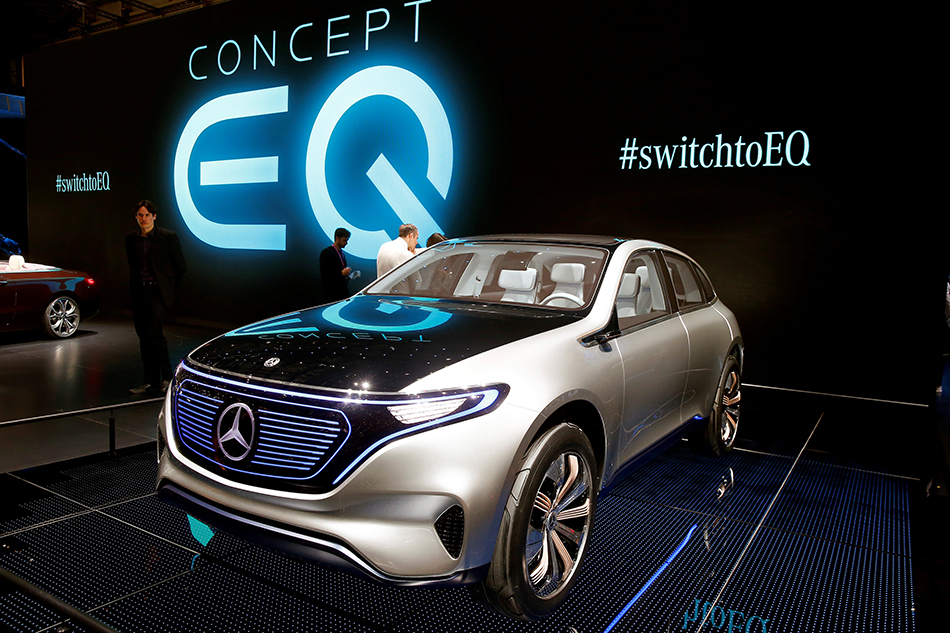Frankfurt, London- Mercedes-Benz owner Daimler and supplier Robert Bosch are joining hands to develop self-driving cars.
The alliance between the world’s largest maker of premium cars and the world’s largest automotive supplier forms a powerful counterweight to new auto industry players like ride-hailing firms Uber and Didi which are also working on self-driving cars.
Technology companies and carmakers are striving to accomplish a shifting landscape in the auto industry as consumers increasingly use smartphones to locate, hail and rent vehicles, rather than going out and buying cars.
The alliance marking the end to Daimler’s efforts to develop an autonomous car on its own, is considered the clearest model emphasizing efforts of an automaker and a technology company to control a share of this market that is expected to grow within the two coming decades.
Financial terms were not disclosed of the deal between the two German companies, which was announced on Tuesday.
Bosch – which was founded in 1886, the same year that Mercedes founder Carl Benz patented the motorcar – will develop software and algorithms needed for autonomous driving together with the carmaker.
The alliance with Bosch will help Mercedes on making a full system to produce self-driving cars a few years before other companies.
Daimler said in a statement the prime objective of the project is to achieve the production-ready development of a driving system which will allow cars to drive fully autonomously in the city.
Daimler is focusing its efforts on the app-based car-sharing and ride-hailing sector dominated by China’s Didi, and US-based Uber, and Lyft. Goldman Sachs said last year that this market is expected to grow from about $3 billion in 2015 to $96 billion in 2025 and $290 billion in 2035.
